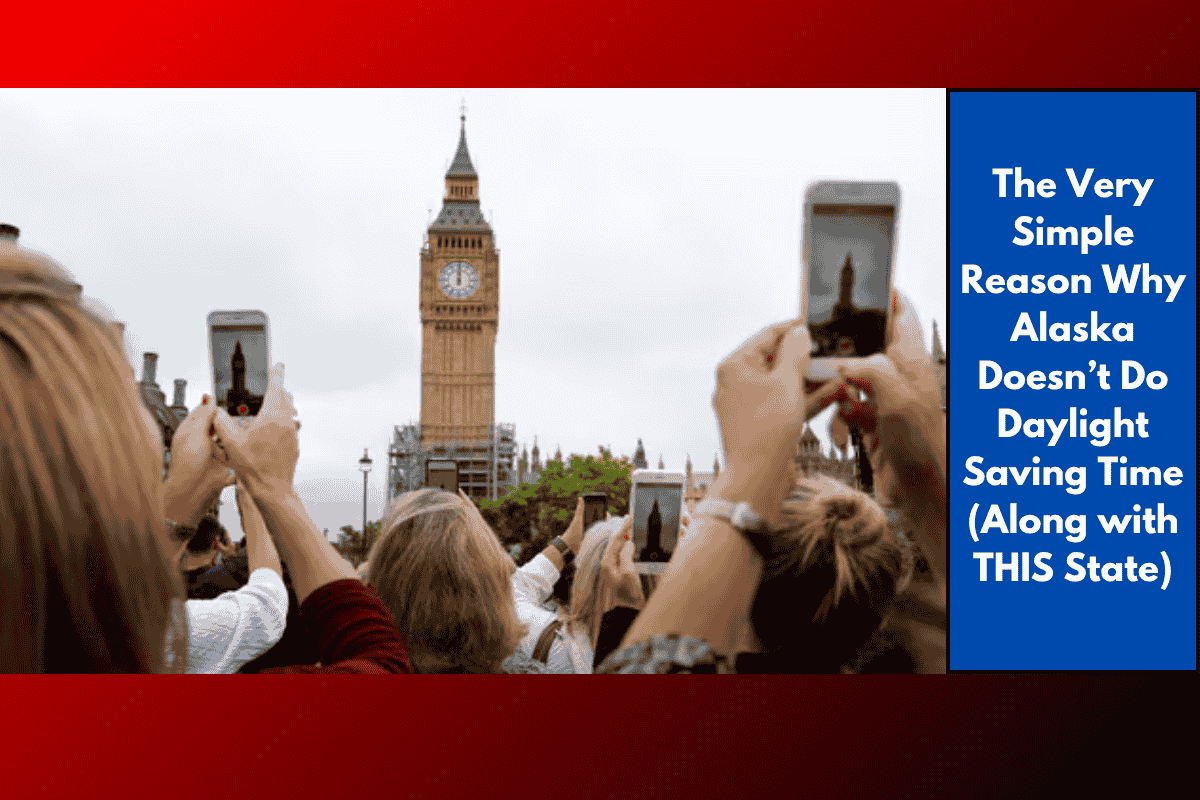Daylight Saving Time (DST) is practiced by most of the world, but Alaska (along with Hawaii) has opted out, and there’s a surprisingly simple reason for it: Geography.
The Problem with Daylight Saving Time in Alaska
Alaska is located far to the north of the United States, and as such, experiences extreme shifts in daylight throughout the year. During the summer months, parts of Alaska can experience nearly 24 hours of daylight due to the midnight sun, while in the winter, some areas may only see a few hours of daylight.
If Alaska were to follow Daylight Saving Time, the state would have to adjust its clocks during the long summer days when the sun stays up for much longer than in lower latitudes. This would make it even more difficult for Alaskans to adjust to the dramatic shifts in sunlight they already experience.
The Impact of Time Changes in Alaska
Since Alaska already has extended daylight hours in the summer, setting the clocks forward an hour would make evenings feel even later and more uncomfortable. For example, if Daylight Saving Time were followed, the sun might not set until 11 p.m. or later during peak summer months—making it tough for people to stick to normal routines.
In the winter, on the other hand, daylight hours are already very short, so moving the clocks back an hour for Daylight Saving Time would only make the dark winter months even longer. Many Alaskans agree that it’s easier to adjust to the state’s natural daylight schedule than to adjust to a time system that doesn’t fit well with their geographic reality.
Hawaii’s Reasoning is Similar
Hawaii, with its tropical climate, doesn’t observe Daylight Saving Time either, and the reasoning is largely the same. Hawaii is situated closer to the equator, where daylight hours remain fairly consistent throughout the year. Shifting the clocks for DST wouldn’t offer much benefit and would only disrupt the natural rhythms of the day.
The decision not to observe Daylight Saving Time in Alaska and Hawaii comes down to geography and the simple fact that the natural daylight hours already vary significantly enough in these regions. For these states, DST just doesn’t make sense.
SOURCES
[1] https://www.thenorthernlight.org/stories/daylight-saving-time-does-not-make-sense-for-alaska
[2] https://www.peninsulaclarion.com/opinion/point-of-view-understanding-daylight-saving-time-in-alaska/
[3] https://en.wikipedia.org/wiki/Daylight_saving_time_in_the_United_States
[4] https://www.rd.com/article/states-dont-observe-daylight-saving-time/
[5] https://www.cbsnews.com/news/states-without-daylight-saving-time/














